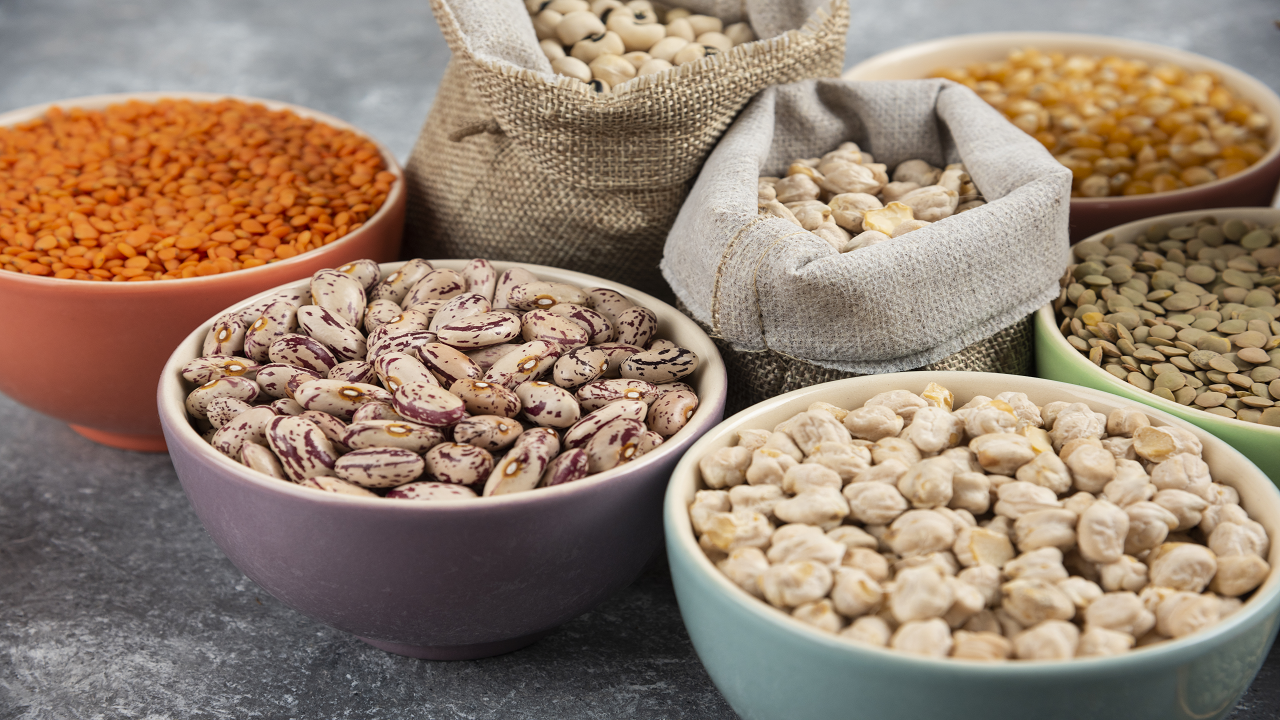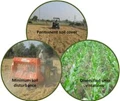
The National Food Security Mission (NFSM) aims to boost crop production and efficiency for various crops like rice, wheat, pulses, coarse cereals, and Nutri-cereals. State and Union Territory governments are supporting farmers through different means, including cluster demonstrations, improved seeds and hybrids, enhanced farming tools, water-efficient practices, plant protection, soil enhancement, and training.
Strategies involve distributing new pulse seed minikits, ensuring quality seeds, establishing seed hubs, and conducting technological demos through institutions like ICAR, SAUs, and KVKs. NFSM-Oilseeds aligns with these goals, offering incentives for acquiring breeder seeds, producing certified seeds, organizing demonstrations, providing training, and supplying necessary equipment and substances.
In August 2021, the Indian government initiated a distinct effort called the 'National Mission on Edible Oils - Oil Palm' (NMEO-OP) to support the cultivation of oil palm. This initiative aims to increase the country's edible oil supply by expanding cultivation areas, boosting crude palm oil production and productivity, with the overarching goal of decreasing reliance on imports.
Since 2015-16, India has implemented the "Per Drop More Crop" (PDMC) program to enhance water efficiency in agriculture using Micro Irrigation methods like Drip and Sprinkler Irrigation. The Indian Council of Agricultural Research (ICAR) has developed location-specific technologies, including rainwater harvesting, precise irrigation techniques, modern farming methods, and promoting water-efficient crops like pulses, oilseeds, maize, and agro-forestry. ICAR provides training and field demonstrations to educate farmers on these practices.
Under the Pradhan Mantri Krishi Sinchayee Yojana (PMKSY), overseen by the Department of Water Resources, River Development & Ganga Rejuvenation (DoWR, RD & GR), efforts are made to enhance irrigation efficiency. This involves building lined field channels and underground pipelines to extend the irrigation system's coverage. To encourage efficient water use, the DoWR, RD & GR established the Bureau of Water Use Efficiency (BWUE) in October 2022, which promotes better water utilization across various sectors, including irrigation, drinking water supply, power generation, and industries.
In 2019, the National Water Mission (NWM) launched the 'SahiFasal' campaign to encourage farmers in water-stressed regions to cultivate crops that are water-efficient, economically viable, nutritious, and suitable for the local agro-climatic conditions. Over the years, the net irrigated area in India has grown from 692.70 lakh hectares in 2016-17 to 777.29 lakh hectares in 2020-21.









